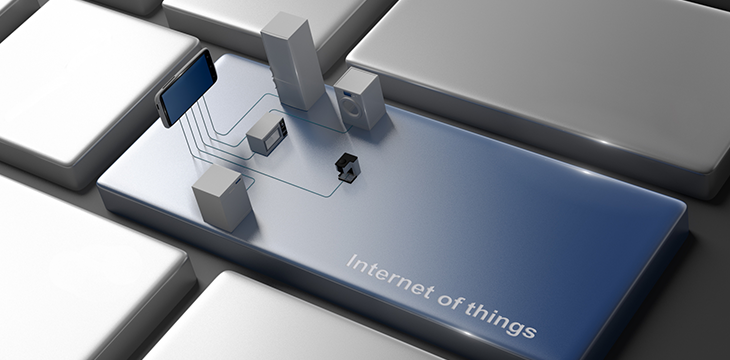|
Getting your Trinity Audio player ready...
|
This week on “Bitcoin Class with Satoshi” we’re talking about the power of Bitcoin transactions. They’re not just for sending funds from one party to another. Bitcoin creator Dr. Craig S. Wright and sCrypt’s Xiaohui Liu continue this masterclass series with a lesson on using Bitcoin transactions to control internet of things (IoT) devices that may not have a lot of computing power to verify things by themselves.
One misconception with Bitcoin and IoT devices is that the devices themselves would need to sign transactions. Since most IoT devices aren’t powerful computationally, then needing to hold, control and secure a private key (or hierarchy of keys) on the device itself would make things difficult.
Ep17: How can Elon Musk use Bitcoin to secure Tesla? https://t.co/hEbRRnmpoo #bitcoinclass pic.twitter.com/Sso4tAFLTj
— sCrypt Official | OP_CAT 🐱 (@scryptplatform) August 30, 2021
However, this is not necessary. It’s possible to control such a device remotely, e.g. firmware updates, etc. as long as the device can check the integrity of the source. Dr. Wright likens it to Windows updates—they can be downloaded from anywhere, not only Microsoft’s official servers, so long as the receiver can verify the file it’s downloading is the correct one.
This enables alerts and command/control-type situations. Dr. Wright says he gained experience with this years ago by “blue-teaming” on exercises to study and take down botnets; examining how they received their instructions. Similar structures could be used for non-nefarious purposes using Bitcoin.
It’s possible to include extra data in a transaction that can be “masked” and then “unmasked” by the recipient, using methodologies discussed in the previous weeks’ episodes.
“There are no real limits on how we can program any of this,” he says. There are many ways (with varying degrees of security according to need) that a simple device can check if a transaction has happened, is valid, and if it should trust the information in it.
It’s a similar principle to SPV—taking only the bare essential data you need to check if a transaction is valid and using only data from transactions relevant to what you’re doing.
Xiaohui asks how a simple device could perform the “needle in a haystack” task of searching for relevant transactions, in possible future scenarios where Bitcoin block sizes are measured in petabytes. Dr. Wright says there are several ways, including network layers, gateways or other forms of control systems. But he’s interested in the concept of “sub-blockchains,” or sets of nodes on the network created to identify and deal only with certain transactions.
It’s another example of the new breed of professional services that could appear on the Bitcoin network, with incentives and payments for companies to operate such nodes. There’s everything from straight-up payments to competitions, rare or specialized offerings, and anything else you can think of.
Dr. Wright also describes this as another potential use for “ownership NFTs,” a more practical use case than the speculative frivolities we see tokenized in these early days. And if you still enjoy more fun applications, all this can be automated as contracts and even game-ified.
Bitcoin isn’t just for payments and transactions aren’t just for paying. Bitcoin transactions and the nodes that verify them are part of a much richer network, one that can manage anything from doorbells to networked cars, and any other IoT sensor on the planet whether it’s performing an action or just recording data. Start thinking about all this now, says Dr. Wright, as there’s a whole world of new business ideas to create.
To watch previous episodes of the Theory of Bitcoin and Bitcoin Class with Satoshi, check out the Theory of Bitcoin YouTube channel here and the Bitcoin Class with Satoshi YouTube channel here.

 03-05-2026
03-05-2026 




